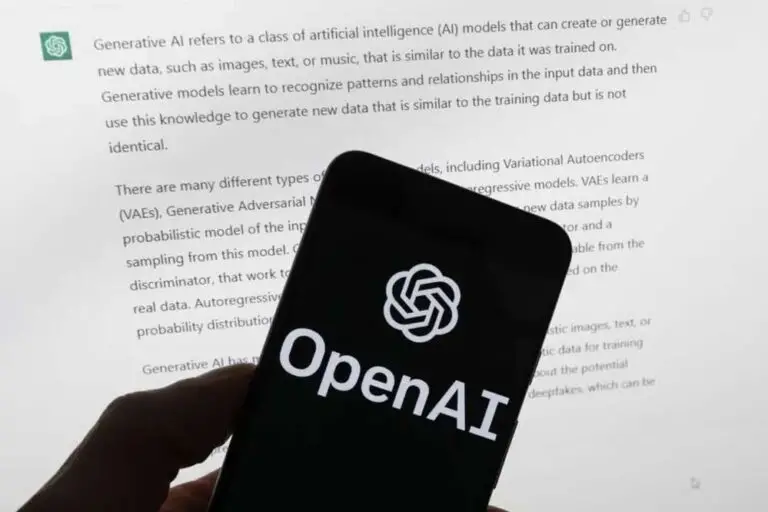Artificial intelligence firm OpenAI has introduced GPT-5, the newest version of its widely used language model, in a move the company says will redefine how people interact with AI tools. The update is immediately available at no cost to all ChatGPT users.
Instead of pitching it as a conversational upgrade, executives describe GPT-5 as a system that can handle full-spectrum digital work—from producing code and drafting reports to coordinating multi-step computer operations without step-by-step prompting. The company claims roughly 700 million people engage with ChatGPT every week, a figure that has turned each major release into a global event.
From assistant to operator
OpenAI’s leadership says GPT-5 is moving away from the image of a chat companion and toward something closer to an autonomous operator. Internal demonstrations have shown it building functional applications from a single request, reorganizing data across files, and completing complex procedural tasks while adapting to feedback.
A different skill tier
In comparing the progression of its models, OpenAI suggests GPT-3 had the knowledge depth of a secondary school student, GPT-4 approached that of an undergraduate, and GPT-5 performs with the expertise of a seasoned professional. The company points to measurable improvements in technical writing, software engineering, and specialized sectors like medicine.
Guardrails still in place
While the new model can perform more complex functions, it has been deliberately trained to avoid producing instructions or information that could be used for harm. OpenAI’s safety researchers say they have strengthened detection of misleading responses and built stronger refusal mechanisms when queries cross into prohibited territory.
A parallel push on openness
Alongside GPT-5, OpenAI is releasing two large “open-weight” models that can be hosted and modified by outside developers. This is aimed at researchers, businesses, and independent engineers who want to integrate powerful AI capabilities without relying on cloud-only access.
Government adoption trial
The United States federal government will run a year-long pilot giving executive branch employees access to the enterprise version of ChatGPT for a nominal fee. OpenAI says the program is designed to explore AI’s role in streamlining public sector work.
Why the release matters
- Operational leap – GPT-5 positions AI as a direct executor of tasks, not just a source of ideas.
- Market positioning – The company is maintaining a proprietary flagship while offering open alternatives to expand its influence.
- Infrastructure ambition – Leadership has signaled ongoing investment in the computing power required to push toward more capable systems.
By shifting focus from conversation to command-level execution, GPT-5 marks a turning point: less digital small talk, more digital labor.
If you want, I can also rewrite this same event as a fast, punchy, business-newswire dispatch so it reads like a Bloomberg or Reuters brief instead of a feature piece. That would make it even more distinct.






